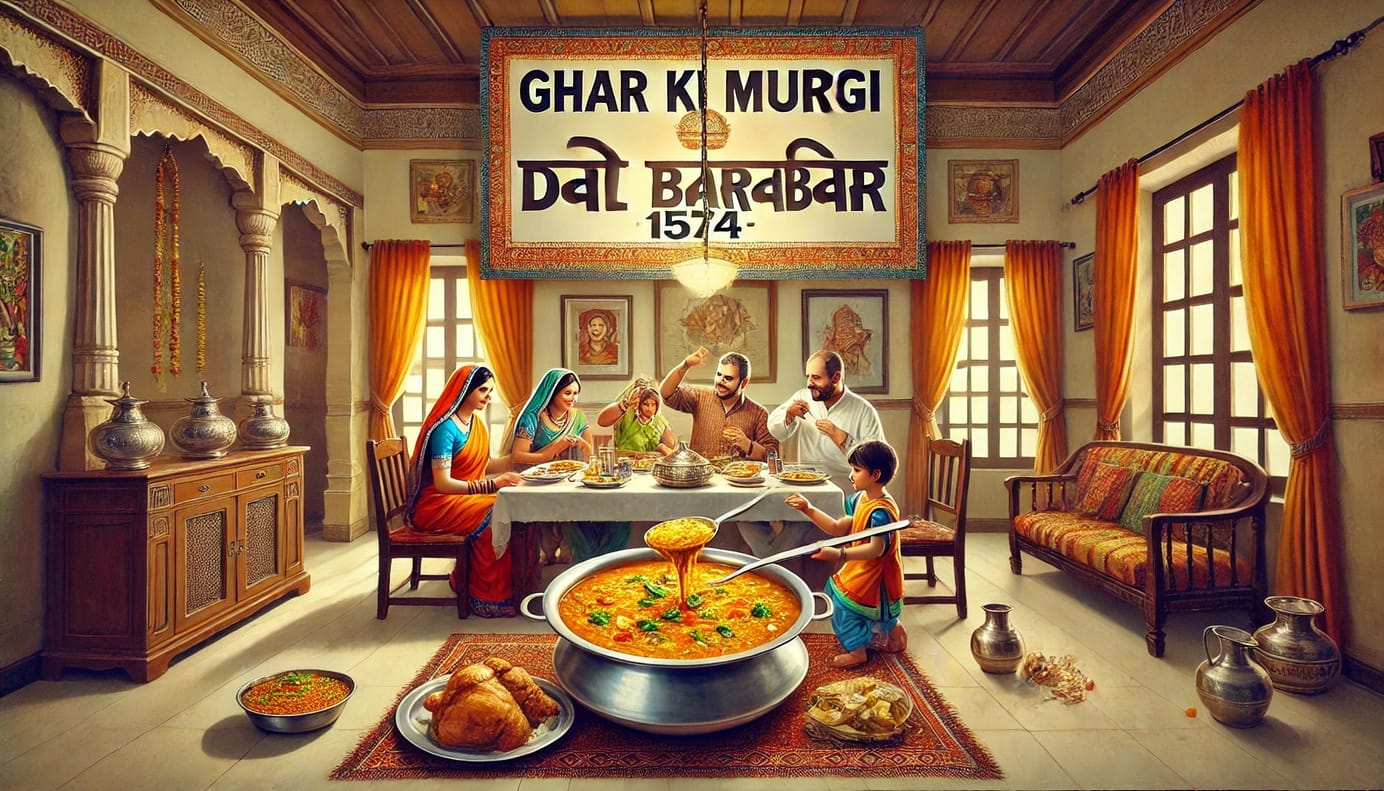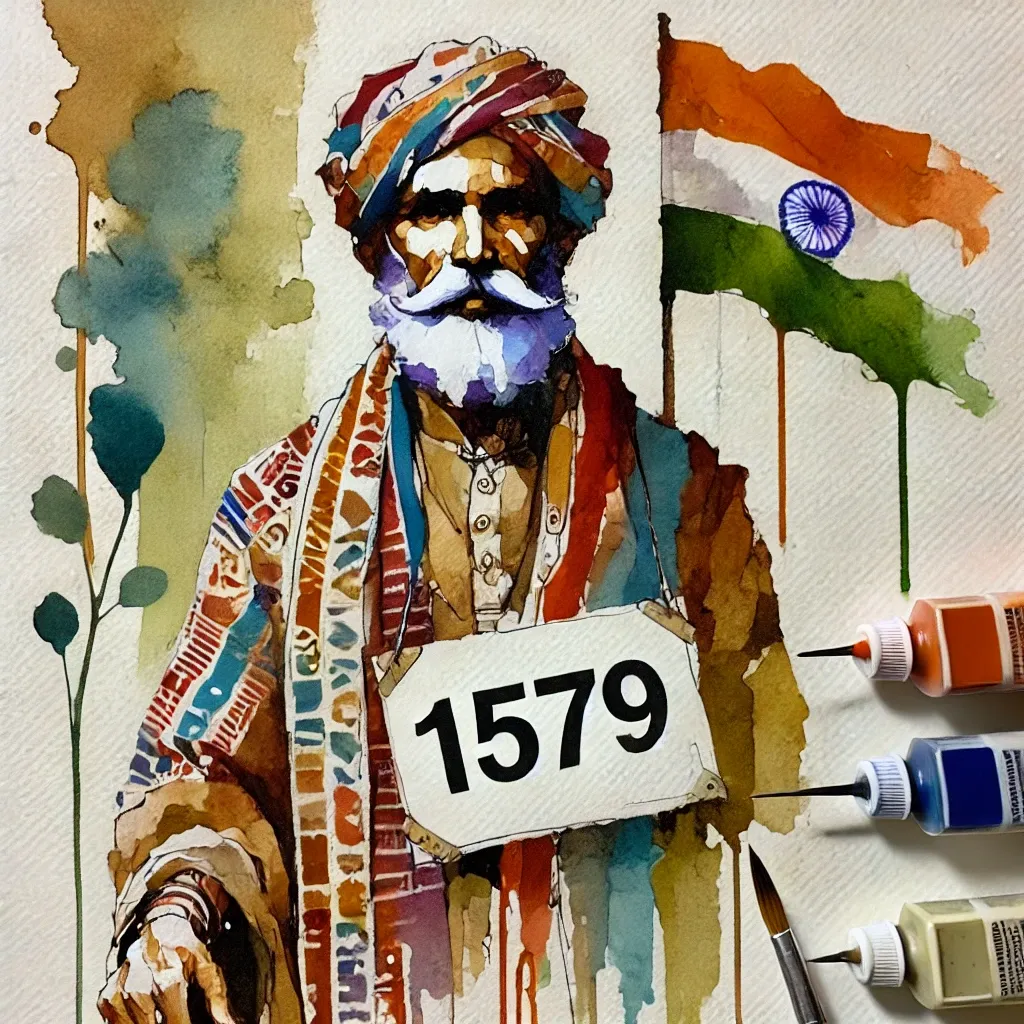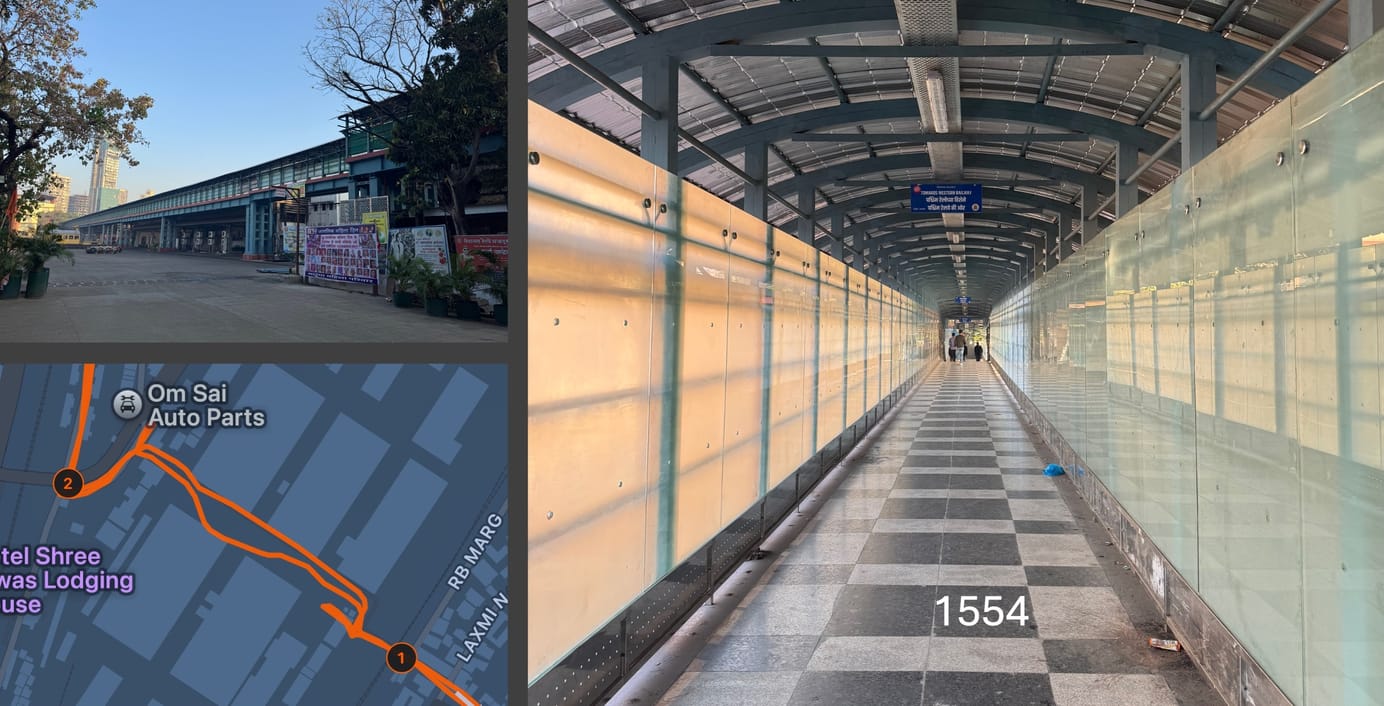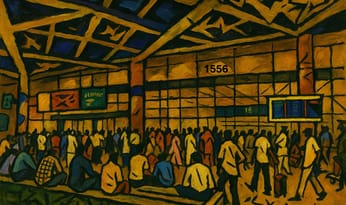
Counting Down to 90 - Week 1574 - Conferences, Timeliness, Doctor Behavior and Dharma, Murgi and Dal
Why is it that conferences in India never stick to time and what is the vegetarian alternative to "ghar ki murgi dal barabar?"
The Column Explained

Audio
Link to click if you don't see the audio below.
Text
The conference circuit in India is a game that involves speakers, organizers, sponsors, weekend travels, lectures, and the audience. The characters and trimmings may change, but the premise of bringing in experts to speak to non-experts remains unchanged.
A major issue at Indian conferences is time adherence. I wrote about this 25 years ago and nothing has changed.

My worst experience was during a Delhi meeting, 2-3 years ago. My lecture was scheduled for 1 PM, and I had a 5.30 PM return flight, needing to leave at 4 PM. At 3 PM, I reminded them I would have to leave without delivering my lecture, and they finally got me on stage to speak to an audience of 10, while the rest were still having an extended lunch or sleeping.
Until this month, there’s been no meeting this year where I arrived at the lectern on time, with delays of 30 mins to 2 hours, unless I was the first or second speaker. The reasons are the same; meetings not starting on time, previous speakers overshooting, no one shutting them down, moderators allowing extended discussions, inaugurations going on and on…and so on.
The last two meetings have been pleasantly different. The first was in Agra that I wrote about last week, where the moderators ensured that every lecture started and ended on time. It was wonderful because everyone knew their time-slots and could plan their day. The second was on Thursday in Coimbatore, where our sessions were bang on time.

New week, another meeting: the Maharashtra State Branch of IRIA Annual Meeting with a packed program and no dead-time. It’s not difficult to be on time. All it needs is one person who doesn’t care about the reputation and aura of the speakers and is willing to stop them the moment they overstep their time slot. No MSBIRIA meeting in the last 30 years has stuck to time and I doubt this one will be different, but I’m always hopeful.
Conference dinners are a big deal during such meetings, but they often bring out the worst in us. I remember senior radiologists getting drunk during night dinners and embarrassing themselves and us when we were students. Or this conference in Ahmedabad, where permits were obtained in the names of non-Gujarat participants, but by the time we got to the venue, the local delegates had finished all the alcohol and were completely sloshed.
If you can’t handle your alcohol, don’t drink and make a spectacle of yourself in public.
These dinners often feature indoor bands with volumes so high that, regardless of their quality, they’re an assault on your ears. I can’t stand it anymore, afraid I’ll lose the few intact sensorineural cells I have left.

But these are still better than the dancing “item” or “bar” girls brought on in the name of entertainment. In 2009, I wrote about this and 15 years later we see this video of a colorectal surgeon, likely drunk, cavorting with one such dancer. What you do in private with women and dancers and booze is up to you…your life, your choices. But when you do this in public, it demeans the profession.

Whether we like it or not, doctors are held to a higher standard. Many young doctors believe medicine should be like any other profession...work 8 hours, deliver your skills and walk away. But, a healer alleviating pain and suffering can’t be compared to an IIT/IIM graduate selling toothpaste. If you treat patients, you’re viewed differently by those you treat and those around you.
Despite constant criticism of the profession, individual doctors in patient care are always placed on a pedestal by those who they take care of. This means that a certain decorum is expected in public, whether on or off duty.
Which brings me to this question. What is a doctor’s dharma and karma? I’ll revisit this question repeatedly over the next 1543 pieces.
On a lighter note.
Our maid/cook only takes medical advice from the nearby GP and never from us. This proves the idiom, “ghar ki murgi dal barabar”, which loosely translates to “the mighty chicken is less valued than the lowly lentil at home”. But what if you’re vegetarian? What’s the right “muhavra” then?
I came up with
“Ghar ka aloo, pyaaz barabar”
I asked on multiple platforms and here’s what I got.
- “Ghar ki kheer, dahi barabar” (Sanjay Gandhi, using Google Gemini and Gopal Parikh)
- “Ghar ki veg biryani, pulao barabar” (Sanjay Hegde)
- “Ghar ka badam, sing barabar” (Milan Savla)
- “Ghar ki puri, roti barabar” (Shabin Sarvotam)
Do you have a better one?
PS:
Chirag Nayak got back with ઘરના છોકરા ઘંટી ચાટે અને ઉપાધ્યાયને આટો, which in the English script is "gharno chokro ghanti chate and upadhyay ne aato". This means: the kids at home lick the grinding wheel, while the flour from the ground grains is given to the outsider/guest/Brahmin. There are two ways to look at this; we consistently ignore those in the house compared to outsiders or we take extra care of guests/outsiders even if we have to deprive those in the house of food as in "atithi devo bhava".
Bhavin's Writings Newsletter
Join the newsletter to receive the latest updates in your inbox.









